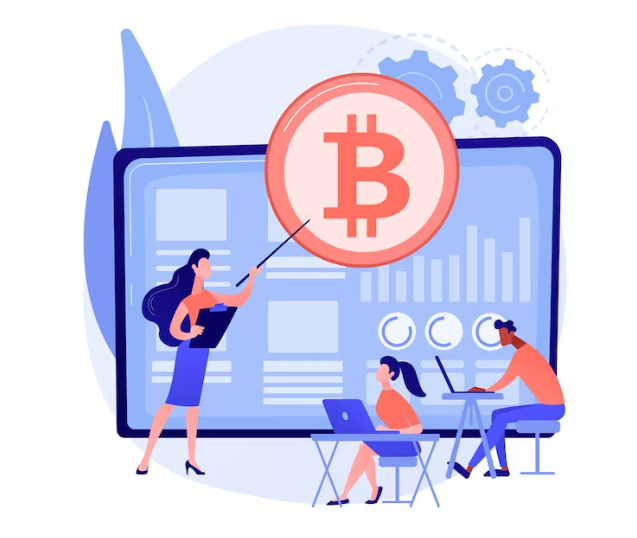The global outlook has changed since the days of ERP. Business processes are bound to evolve and become more efficient. ERP systems manage inventory, generate forecasts, and automate much of the manual labor businesses in the hospitality sector, to begin with by providing a single source of contact for companies that want to be more efficient. Yet, it’s time for the current ERP model to evolve.
In the age of Artificial Intelligence, companies across industries are rushing to incorporate it into their business processes. AI-integrated ERP can help hospitality businesses in many ways. It is essential for ERP systems to catch up to their full potential with the advent of big data, and machine learning, and the driver behind the change is no longer human beings — it’s algorithms because hotel accounting software embedded with AI can make wonders.
There are predictions that the AI ERP market will expand by about $190 billion by 2025, according to a market study. AI is a critical element of the next-generation ERP system, which helps automate tasks and reduce costs. It also allows businesses to restructure their business environment by introducing innovation and automation.
AI has Revolutionized Digital Transformation with No-Code Automation
The rise of AI has enabled businesses to access developer-grade software to create custom applications in hours. This development has made hospitality accounting software more accessible and lessened the need for IT teams. It also has the potential to make all business users into citizen developers—enabling them to build Hotel accounting software applications with no-code platforms.
AI will enable organizations to customize their ERP systems quickly in the future by allowing hotel staff members to modify code without being experts in programming languages like Java or Python.
It’s not just the fact that it will bring the ability to automate processes and streamline business operations. It’s also the fact that it brings an entirely new way of doing business: “one where hotel owners can use Multi-Property Hotel Accounting Software, which is AI-integrated with ERP software and also make them more accessible to all hotel staff.”
AI-enabled ERP is the future and how it can help you grow the hotel industry. We will discuss the benefits and ways to take advantage of new technology.
How can an AI-enabled ERP System change the Hotel industry?
The AI-enabled ERP is the best accounting software for hotels since it can save businesses millions of dollars each year in human labor costs while improving customer engagement rates by up to 30%.
For example, an accountant can manually enter transactions into the system without spending time entering numbers into a spreadsheet or other similar plans. The same goes for those who process invoices or handle payments—they could enter the information into their workstation instead of waiting for someone else who may have more experience with the task at hand! Businesses can also automate customer service processes by asking customers for feedback and then helping find the best through AI-powered chatbots.
In addition, Hotel owners will be able to focus more on strategic goals like expanding sales or growing their customer base by allowing them time away from routine tasks such as budgeting or bookkeeping.

Two-tier ERP Approach
Two-tier ERP systems have been around for a while, but their use is multiplying. Big Hospitality industries can benefit from a two-tier ERP system with lower cost and greater flexibility. For example, large Hotel chains across global locations can maintain their master data management strategy on the enterprise level and then access local data requirements through the second-tier solution.
The two-tier approach optimizes the supply chain by centralizing financial modelings and related information management services such as sales ordering and order fulfillment.
How AI and ML are Enhancing ERP in 2023?
AI and ML have been slowly making their way into ERP solutions over the last few years, and now they are taking over. As a result, businesses are integrating these technologies to reap their benefits. The emergence of the newest ERP solutions exemplifies the operational efficiency that AI and ML will be required to achieve soon.
- Automating repetitive tasks: Businesses that want to automate such tasks need ERP systems. ERP helps to divide business processes into smaller workflows and use automation techniques to execute them quickly and effectively. They integrate the entire business process to reduce bottlenecks and time failures. It also helps in centralizing data management.
- Enhanced customer service and user experience: You are certainly leaping to incorporate ERP with AI in the modern day. Your company’s success is linked to your understanding of your customer’s journey, which may lead to tapping the right opportunities and saving more time and money. By using top hotel accounting software, you can win loyal customers, which eventually leads to greater profits.
- Forecasting market well in advance: Incorporating AI-enabled better market visibility and exploring newer avenues for the company. They can now serve customers better and connect with diverse market segments.
- Simplifying the last sets of data: Artificial Intelligence and Machine Learning-enabled software gives the business an edge to stay ahead of the competition. So, when AI software is used with ERP software, B2B functioning becomes efficient and quality oriented. Modern businesses can thus complete their mission successfully by taking up this challenge.
- Problem-solving: An intelligent ERP system equipped with ML can be an asset to any industry because it is reliable and effective in solving problems, identifying solutions, and helping a company’s vision come true.
Final Thoughts
The World Economic Forum has said that Artificial Intelligence (AI) and Machine Learning (ML) will be the most significant disruptive technologies over the next 10 years. As a result, businesses need to rethink how they have been operating so far to become more agile, resilient, and able to adapt and respond to challenges effectively.
We’ve seen how technology and business strategy have converged on AI and ML as the next big thing. The benefits and opportunities offered by these technologies are too great to be ignored. While this may be a challenging transition for many businesses, it is clear that those who embrace intelligent technologies will gain a competitive edge.




